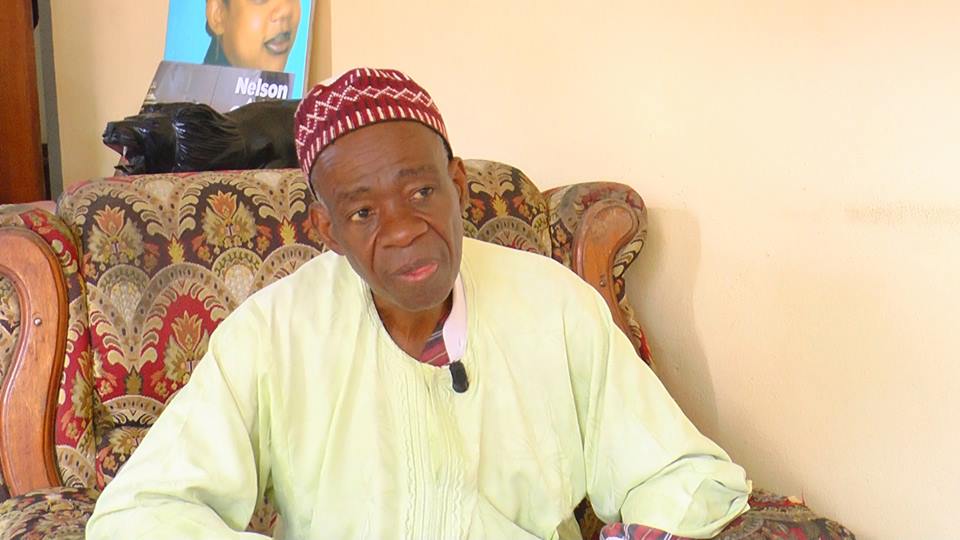South Africa faces fragile recovery as a third Covid-19 wave is expected to hit in coming weeks
Statistical data shows that South Africa's economic recovery remains fragile which has been reflected by a drop in business confidence, say economists from the Bureau for Economic Research (BER).

Statistical data shows that South Africa’s economic recovery remains fragile – which has been reflected by a drop in business confidence, say economists from the Bureau for Economic Research (BER).
The group pointed to the RMB/BER Business Confidence Index (BCI) for Q1 which showed a renewed deterioration in confidence compared to Q4 2020.
“This is even with the majority of the survey responses received after adjusted level 3 regulations were loosened somewhat in February as the peak of the second wave of Covid-19 infections had passed,” the BER said.
“The realization that the economy’s recovery remains fragile, with slow vaccine rollout implying an almost inevitable third wave of infections as well as unaddressed structural constraints, likely weighed on confidence.”
Professor Shabir Madhi, executive director of the Wits Vaccines and Infectious Diseases Analytics Research Unit, told the Saturday Star that the country would likely see the first signs of a new wave in the next month or so.
“It is highly probable that it will start in May and June when we head into the cooler months, as people are more likely to gather indoors. But if people start gathering during that Easter period, then we might expect it to occur earlier,” he said.
Madhi added that the severity of the new surge may be driven by a new variant of the virus that has mutated.
“It also depends on what happens to the virus, if the virus undergoes further mutations, and if those mutations become resistant to the immune responses that are induced by the current variant and earlier variants,” he said.
New restrictions
At the start of March, Tourism minister Mmamoloko Kubayi-Ngubane warned that a third Covid-19 wave could hit the country earlier than expected, which would bring additional restrictions.
“If indeed the third wave hit us, the level of restrictions will have to be commensurate to the risk level. The conclusion to be drawn from all of this is that the tourism sector will, for some time, have to operate alongside the virus.
“It also means that the sector is possibly facing numerous stop/start cycles as restrictions are increased or eased in line with the risk-adjusted approach that responds to the evolution of the virus,” Kubayi-Ngubane said.
Kubayi-Ngubane said the stop/start cycles will continue to affect traveler confidence and place jobs and the survival of tourism firms at risk.
“They will further make the recovery highly uncertain. This means that flexibility, as well as the adaptability of firms across the value chain, will be critical in responding to the stop/start cycles.”
This sentiment was echoed by the opposition Democratic Alliance, which criticized the government’s slow rollout of the Covid vaccines, and lack of transparency on how the inoculation program is going.
Several analysts and research groups have pointed to South Africa missing its vaccination targets, with the current rate of shots being given meaning the country would only hit the government’s goal of 67% of the population being vaccinated in 18 years’ time.
The health ministry initially planned for 1.5 million doses to be administered by the end of March; however, a bottleneck of vaccine supply means that there are not enough vaccines to even reach half that goal.
Meanwhile, the country would need to give 140,000 shots a day to hit the 67% target by the end of the year.
The DA said that if the government doesn’t pick up its game in rolling out vaccines, the country will remain in an “endless loop of lockdowns and Covid-19 infections – which will cost lives and shove millions into an inescapable cycle of poverty”.
“There has never been a greater imperative for the South African government than this. Silence on this can only mean the crisis is worse than anticipated. That is why we need an urgent update on this process,” the party said.

















